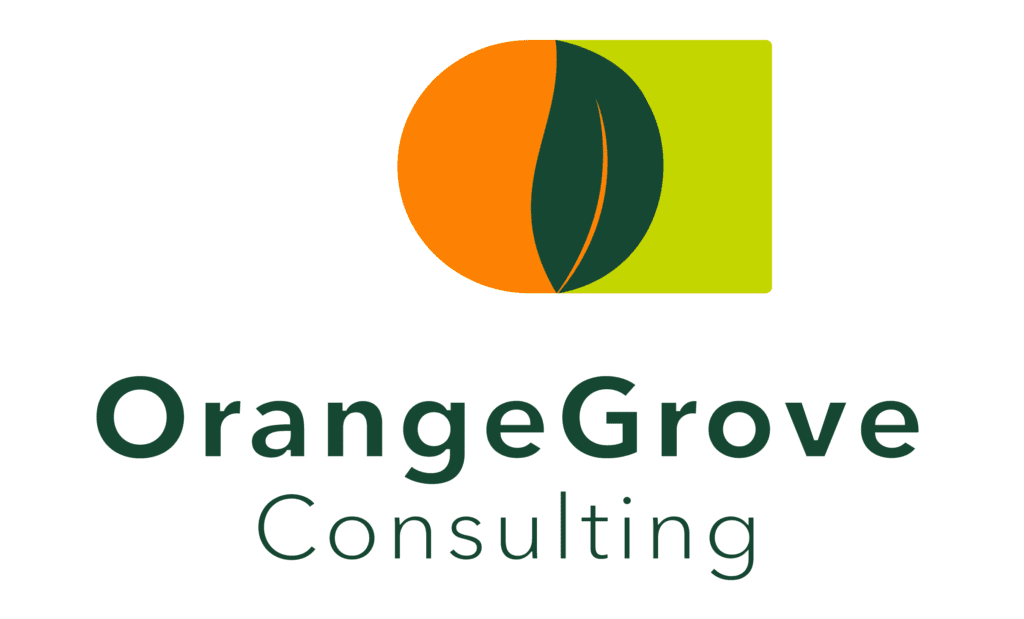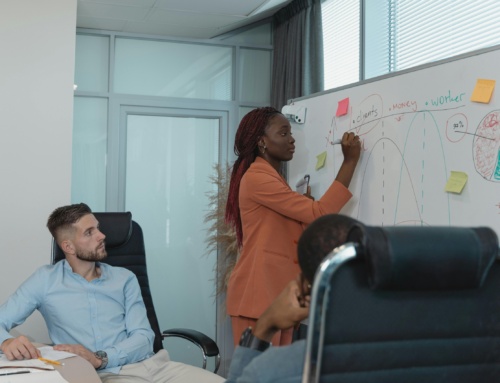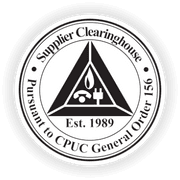In today’s rapidly evolving workplace, HR professionals are increasingly called upon to be strategic partners in driving efficiency, improving talent management, and leading digital transformation. The integration of artificial intelligence (AI) into HR processes holds enormous potential—from predictive analytics and workforce planning to automating routine tasks. But many organizations are missing a critical piece of the puzzle: change management. HR change management plays a critical role in integrating AI into HR systems, helping organizations avoid common pitfall and fully leverage AI-driven transformation.
Too often, companies approach AI as a plug-and-play solution. They purchase new technologies and overlay them onto existing processes without fundamentally rethinking how the work gets done. As a result, instead of reaping the benefits of AI, they encounter resistance, confusion, and underutilized tools.
Technology Shouldn’t Be an Add-On
The successful integration of AI in HR requires more than technology adoption—it requires a shift in mindset. Instead of treating AI as a bolt-on feature, HR leaders must start with a clear vision: What are we trying to achieve? What outcomes do we want to see? From there, the process must be redesigned to support those outcomes, using AI as a tool within that reimagined system.
This approach demands a deeper understanding of how technology intersects with people, process, and purpose. For example, automating a performance review process isn’t just about digitizing forms—it’s about rethinking how feedback is given, how often it happens, and how data can drive real-time development conversations.
The Role of Change Management
HR change management is the structured process of leading individuals and teams through a transition from current practices to improved ways of working. When integrating AI into HR, change management is often overlooked. But research shows organizations can more than double their odds of success when they carefully plan the “what and how” of their change journey.
Successful organizational transformation requires:
- Envisioning the desired future state
- Creating urgency for change
- Collaboratively designing new workflows
- Communicating consistently and clearly
- Building the right skill sets to operate within the new environment
Without these elements, organizations risk freezing in place. Employees become overwhelmed or disengaged. Leaders grow frustrated. Adoption stalls. And the promise of modernizing HR processes using AI remains unfulfilled.
Start Small: The Power of Pilots
A practical first step is piloting. Rather than overhauling the entire HR function at once, identify a small process with limited stakeholders to test and refine. This controlled approach allows for experimentation, feedback, and quick iteration. It also builds confidence and momentum for broader implementation.
For instance, a pilot might involve using AI to streamline candidate screening in a single business unit. The team can evaluate outcomes, address challenges, and learn how to scale the solution organization-wide.
A Holistic View of Talent Management
AI offers transformative possibilities across the talent management lifecycle, including:
- Smarter recruiting and onboarding
- Data-informed succession planning
- Personalized learning pathways
- Continuous performance monitoring
But technology alone isn’t enough. HR leaders must take a holistic view, ensuring these tools align with organizational culture, employee needs, and strategic goals. This is where thoughtful change management makes the difference between short-term automation and lasting impact.
Reimagining Work, Not Just Digitizing It
Ultimately, modernizing HR is not about digitizing old processes. It’s about reimagining how work is done in a way that leverages technology while centering people. AI is the enabler—not the strategy itself. The real transformation happens when organizations redesign their workflows, build new capabilities, and guide their teams through the change journey with intention.
At Orange Grove Consulting, we help HR leaders move beyond implementation toward true integration. Dr. Jodi Detjen, Managing Partner, has worked in organizational development for over 25 years transforming the way people work at small and large organizations. Our approach, led by Dr. Detjen, combines process optimization, change leadership, and deep expertise in talent management to ensure AI investments actually drive performance and engagement.
Let’s Start the Conversation
If your organization is considering integrating AI or updating your HR processes, we invite you to start a conversation. Contact us to explore how change management can turn your AI investment into a real organizational transformation, or for an initial discussion about how to align technology with your strategic goals and support your teams through meaningful change.
Contact Us





